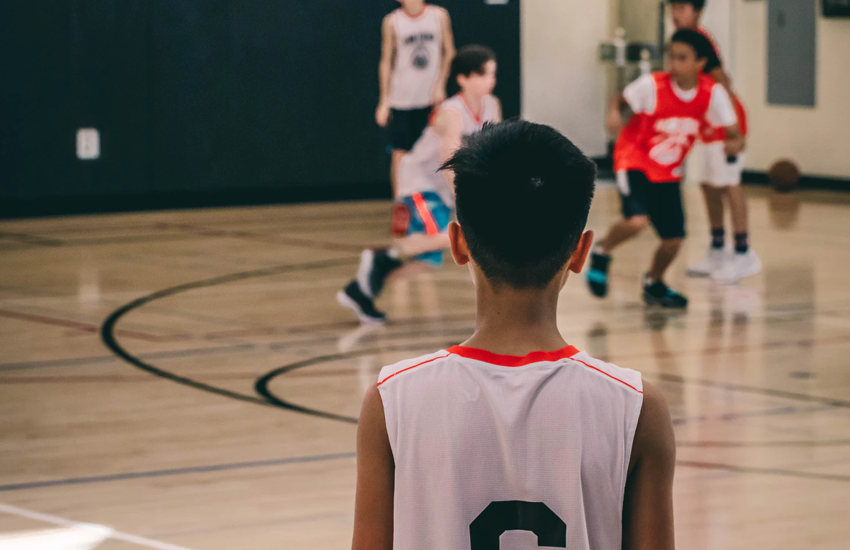For their teens to succeed as adults, many parents (and teens) think they must be involved in numerous extracurricular activities. Perhaps we believe this abundance of activities will foster a sense of pride and accomplishment. Perhaps parents are hoping to keep teens out of trouble. For many teens, there is a strong sense of pressure to impress colleges with a robust resume. But is this excessive involvement in activities doing more harm than good?
According to a study published in the journal “Sport, Education, and Society,” the social demands of an extracurricular-heavy schedule are not only placing an unprecedented strain on families, but also potentially harming healthy development and well-being.
The researchers interviewed 50 families of primary-aged children and found that 88% of the kids were involved in extracurricular activities four to five days a week. These activities were the central focus of family life, especially in households with more than one child. As a consequence, families were spending less quality time together and children were exhausted.
A teen might be over-extended if they are experiencing any one (or more) of the following:
- They feel like they are constantly stressed
- They are routinely losing sleep in order to keep up with homework
- They are feeling tired “all the time”
- They are losing motivation to take care of the details of life
- They detach themselves from friends or family
- They experience muscle tension, headaches, or other body signs of stress
- They start to think more negatively about life or school
- The snap in anger at people they care about
The researchers from the journal “Sport, Education, and Society” were quick to warn parents of the potential negative impact of an over-stuffed school schedule: “Raising awareness of this issue can help those parents who feel under pressure to invest in their children’s organized activities, and are concerned with the impact of such activities on their family, to have the confidence to plan a less hectic schedule for their children.”
Working Toward Balance:
In order for extracurricular activities to do more good than harm, teens have to make sure self-care and time with friends/family are prioritized. Here are some ways you can help your teen find a balance:
- Let Teens be Teens: Make sure there is enough non-structured time for teens unwind, rest, and play. Shoot for one day each week that is relatively unscheduled.
- Support Their Down Time: Encourage your teen when they want to spend time drawing, reading, writing, listening to music, or engaging in other healthy ways to relax.
- Model Good Self-Care: It’s important for parents to manage their own stress well. Whether you meditate, go for walks, see a therapist, or read books for self-care, you are modeling powerfully how to slow down, tend to your holistic needs, and keep commitments in check.
- Talk to Your Teen about Priorities in Decision-Making: Don’t decide which activities stay and which go without your teen’s input. They should be able to help decide the activities that bring them the most benefits and joy.
Nowadays, teens and adults can find themselves juggling way too many responsibilities. It’s important for all of us to slow down, relax, and examine our priorities. If you or your teen are struggling with overcommitment, a counselor on our team might be available to help.
Sources:
https://www.psychologytoday.com/us/articles/200301/are-we-pushing-our-kids-too-hard

